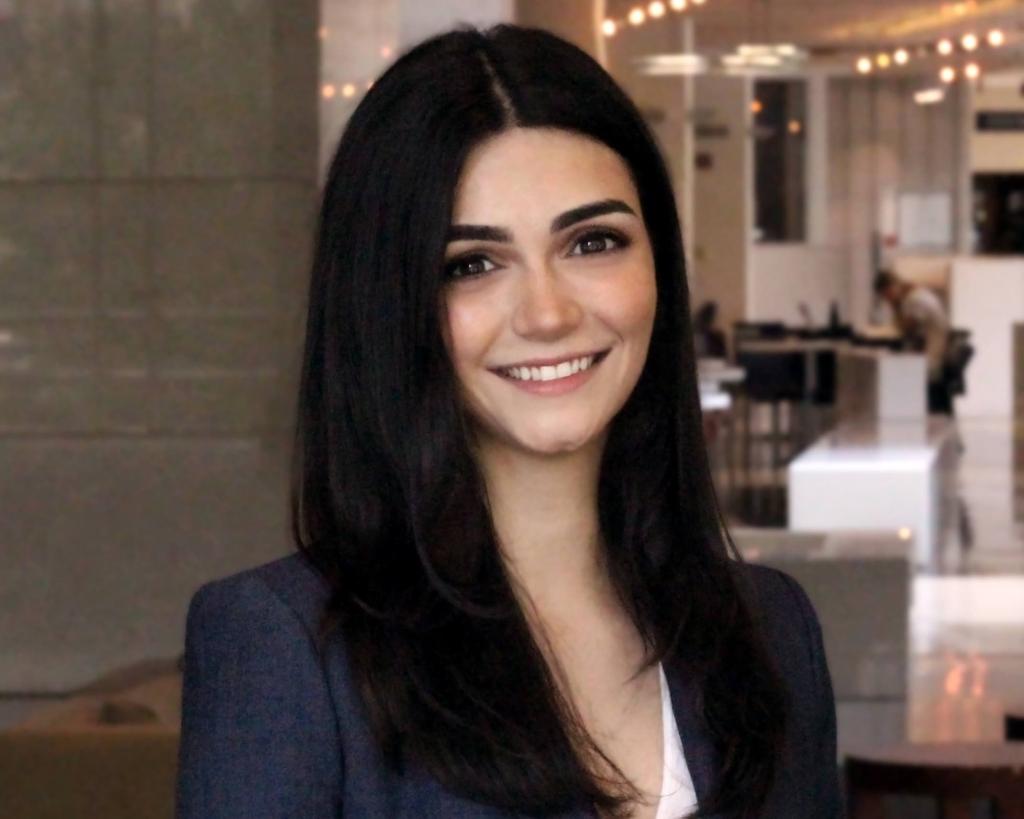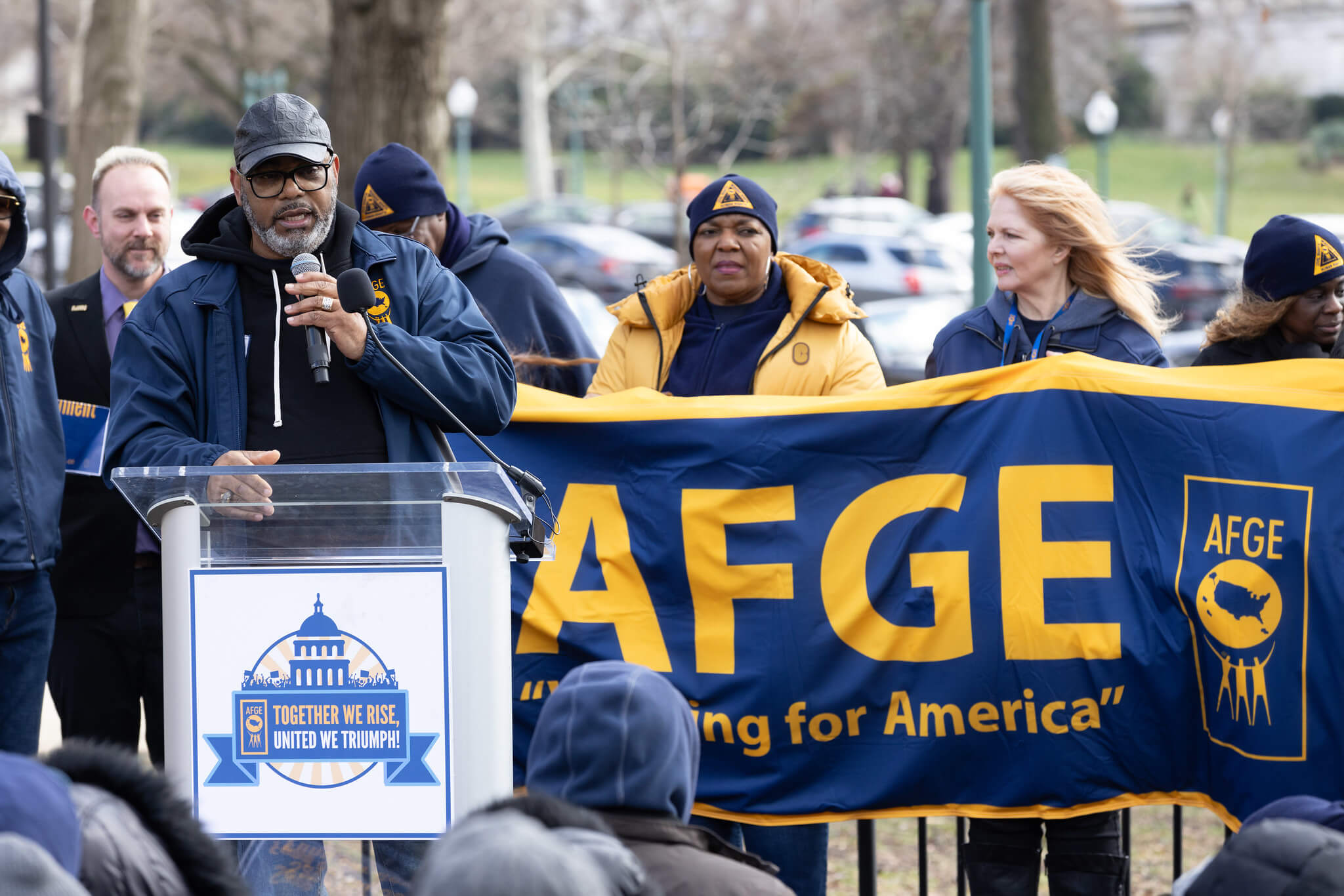Summary: Papadopoulos Pleads Guilty to Making False Statements to the FBI
George Papadopoulos, a former Trump campaign policy adviser, pleaded guilty to making material false statements and omissions in an interview with FBI agents, in violation of 18 U.S.C. § 1001.
Published by The Lawfare Institute
in Cooperation With

George Papadopoulos, a former Trump campaign policy adviser, pleaded guilty to making material false statements and omissions in an interview with FBI agents, in violation of 18 U.S.C. § 1001.
According to documents released on Oct. 30, 2017, in an interview conducted as part of Special Counsel Robert Mueller’s investigation into Russian election interference, Papadopoulos misrepresented the timing of conversations with an individual known to be substantially connected to Russian government officials, his knowledge of the individual’s Russian connections and the nature of his interactions with a female Russian national.
The Stipulation
As a part of Papadopoulos’s plea, he agreed to stipulate that a certain set of facts were “true and accurate.” These facts were enumerated in a Statement of the Offense filed on Oct. 5, 2017. Those do not represent all the facts known to the parties but are only those sufficient to prove commission of the underlying offense.
The statement details Papadopoulos’s activities during his tenure as a foreign policy adviser to the Trump campaign, beginning in early March 2016, and describes the nature of his false statements and omissions. As part of his plea agreement, Papadopoulos has agreed that the following facts are true:
On March 14, 2016, after learning that he would be a foreign policy adviser to the Trump campaign, Papadopoulos met with a London-based professor. He knew the professor to have substantial connections to the Russian government that he “thought could increase his importance as a policy advisor to the Campaign.” At first, the professor was uninterested in Papadopoulos, but the professor developed “great interest” once he learned that Papadopoulos was joining the Trump campaign.
On March 21, 2016, the campaign named five foreign policy advisers, including Papadopoulos, to the Washington Post. Three days later, on March 24, the professor introduced Papadopoulos to a female Russian national—and purported relative of President Vladimir Putin—who claimed significant connections to senior Russian government officials.
After this meeting, Papadopoulos told an unnamed campaign supervisor that he had met with the professor and the female Russian national—whom he described as Putin’s niece—to discuss U.S.-Russia relations. The campaign supervisor responded with praise but indicated that Papadopoulos should not make any commitments. Around March 31, Papadopoulos introduced himself at a national security meeting, which was personally attended by Donald Trump, as someone who “had connections that could help arrange a meeting between then-candidate Trump and President Putin.”
In April, Papadopoulos began working with the professor and the female Russian national to arrange that meeting. The three discussed a meeting in Moscow and the female Russian national’s connections were reportedly “very excited” about the potential for a good relationship with Trump.
On April 18, the professor introduced Papadopoulos to an individual connected to the Russian Ministry of Foreign Affairs (MFA), referred to in the document as the Russian “MFA Connection.” Papadopoulos and the MFA Connection had conversations over Skype and email to set up a meeting between the Trump campaign and the Russian government. On April 25, Papadopoulos sent an email to a senior policy adviser to the Trump campaign indicating that the Russians were ready to meet with Trump and suggesting London as the likely location. On April 26, the professor told Papadopoulos that the Russians had “dirt” on Hillary Clinton, including “thousands of emails.” Papadopoulos corresponded again with members of the Trump campaign in an effort to set up a meeting with the Russian government, including Putin himself. This coordination continued into early May.
On June 1, Papadopoulos was directed by a high-ranking campaign official to connect with the campaign supervisor, who was “running point.” From mid-June to mid-August, Papadopoulos pursued an “off the record” meeting between the campaign, the MFA Connection and the Russian government. Papadopoulos suggested that he could make a trip to Russia—and was encouraged to do so by the campaign supervisor—but the trip never took place.
Almost six months later, on Jan. 27, 2017, upon being informed that the FBI was investigating Russian interference in the 2016 election, Papadopoulos agreed to be interviewed. He was advised that the interview was voluntary and was informed that lying was a federal offense.
In the interview, Papadopoulos made several material false statements and omissions. He described his relationship with the professor as inconsequential, and he misrepresented the timing of conversations about “dirt” on Hillary Clinton, claiming that he had those conversations with the professor before joining the Trump campaign. He also minimized the importance of those meetings and the professor’s relationship to the Russian government. He failed to mention his meetings with the MFA Connection altogether, despite being asked if he had met any Russian nationals or “anyone with a Russian accent.” He also falsely claimed that he met the female Russian national before joining the campaign and said that he had no relationship with her outside of a few brief emails.
Sometime in the month after the interview, Papadopoulos deactivated his Facebook account and created a new one that did not contain any communications between himself and the professor or the MFA Connection. He also switched to a new cellphone number. On July 27, 2017, Papadopoulos was arrested at Dulles International Airport. Since his arrest, he has met with the government on several occasions to “provide information and answer questions.”
Plea Agreement
In a plea agreement filed on Oct. 5, 2017, Papadopoulos pleaded guilty to violating 18 U.S.C. § 1001(a)(2) by making materially false, fictitious or fraudulent statements to the FBI. 18 U.S.C. § 1001 carries a maximum sentence of five years’ imprisonment, a $250,000 fine and three years of supervised release. Since he has accepted responsibility and has no criminal history, the government recommended between zero to six months’ imprisonment and a fine between $500 and $9,500.




.jpg?sfvrsn=407c2736_6)
